IPEC’s Evidence Based Practices
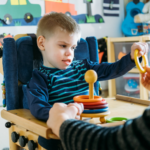
The Human Development Center’s Early Childhood (EC) initiatives are leading by example, and aim to bring Early Childhood Evidence-Based Practices statewide.
Read more >
The Human Development Center’s Early Childhood (EC) initiatives are leading by example, and aim to bring Early Childhood Evidence-Based Practices statewide.
Read more >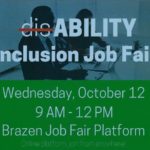
Looking to hire? Louisiana Rehabilitation Services (LRS) is recruiting employers for a virtual disABILITY Inclusion Job Fair on Wednesday, October 12th 9 AM – 12 PM. The Job Fair will be hosted by the Louisiana Workforce Commission and Healthy Blue. Interested employers please contact Brenda Bohrer at email bbohrer@lwc.la.gov or phone (225) 219-2982. Registration for job seekers will be announced shortly.
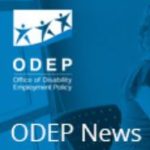
A federal joint communication “Resource Leveraging & Service Coordination to Increase Competitive Integrated Employment for Individuals with Disabilities” was issued by the U.S. Department of Labor’s Office of Disability Employment Policy along with seven other federal agencies. This communication encourages state and local partners to proactively implement resource blending, braiding and sequencing across systems to improve Competitive Integrated Employment outcomes for youth and adults with disabilities.
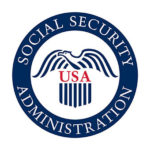
Social Security’s latest blog post discusses the why and how to report life changes when you receive benefits:
Why It’s Important to Report Life Changes to UsSocial Security Matters (ssa.gov)
Read more >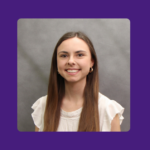
2021-2022 LEND Scholar Angela Wetzel has accepted a position as a speech-language pathologist in the outpatient setting at Children’s Hospital of New Orleans.
Read more >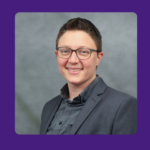
DeafBlindness affects more than 10,000 children between birth and 21 years of age in the United States, and has over 70 known causes, including Usher’s syndrome, CHARGE syndrome, meningitis, and rubella. Nicky Gillies, MS, NIC and the Louisiana DeafBlind Project (LADBP) work with families and school districts to ensure that they are providing the best supports for children and youth that address deafblindness as a unique disability as well as any other disabilities that may be present.
Read more >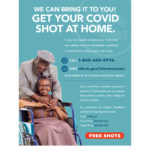
The Louisiana Department of Health offers in-home vaccinations to people with disabilities and those who are homebound. LDH has several new printable resources available in English, Spanish, and Vietnamese, and a new ASL video, describing the program and how to sign up. Visit the LDH website at https://ldh.la.gov/page/4464 to view/print information.
To be added to the LDH Vaccination-at-Home Registry, call 1-855-453-0774 or visit https://ldh.la.gov/inhomeshots. Feel free to share this with any of your community members who might benefit from this service.
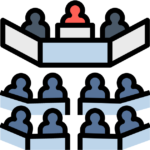
From Natasha Aymami, HKNC South Central Regional Representative:
June 28th from 9am to 3pm there is a request for Deaf and DeafBlind individuals to go to the capital to provide feedback on the new voting machines. There will be a demonstration as well. The address is 660 N. Fourth Street, Baton Rouge, LA; across from the state capital.
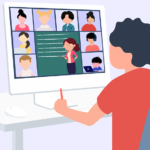
The Helen Keller National Center for DeafBlind Youths and Adults is proud to announce an Emergency Preparedness Overview Training presented by Valerie Chmela on July 14, 2022 at 9:00AM-11:00AM CST via Zoom (link is under the information below). The training is being provided at no cost to attend and is open to anyone who is interested. LRID is an approved sponsor for continuing education activities. The professional studies program is offered for 0.20 RID CEUS at the Little/None Content Knowledge Level.
Target audience: Support Service Providers, novice to experienced interpreters and community members.
Training Description:
This training will teach participants the importance of having an emergency and disaster preparedness plan for personal safety and its impact on their ability to provide support to others. The upcoming hurricane season is predicted to be more active than years passed with 14-21 named storms making landfall in the United States. Given the past several years of disastrous weather patterns it is very important that those in the interpreting field, who are often called to frontline duty, be aware of emergency and disaster planning. Therefore, everyone needs to be prepared and have a plan to save themselves and their families.
There are numerous emergency preparedness training programs for the general population. However, there are specific preparedness planning and strategies for DeafBlind individuals. Valerie Chmela with Helen Keller National Center has developed an emergency curriculum for the DeafBlind population. She has delivered this training across the country with various professionals, service providers, and community members. Not only is the curriculum for DeafBlind individuals, but it is also beneficial for interpreters, Support Service Providers (SSPs), and service providers to learn as well.